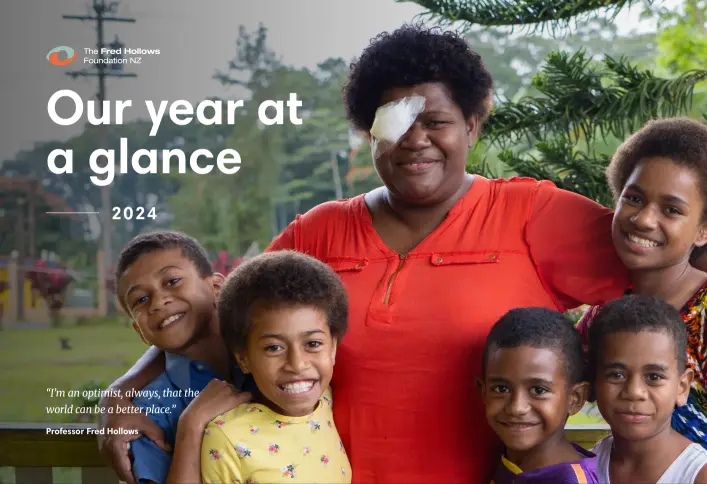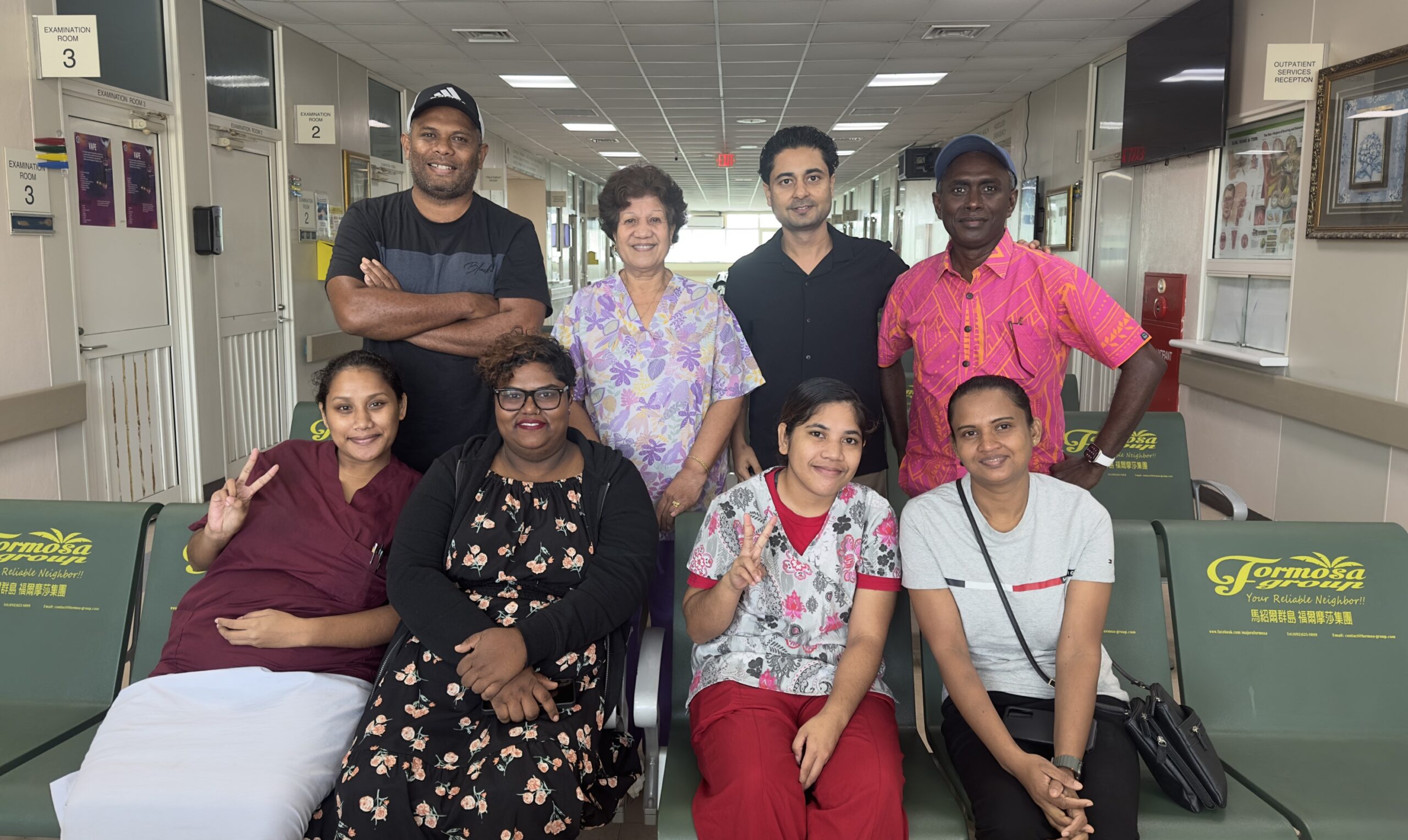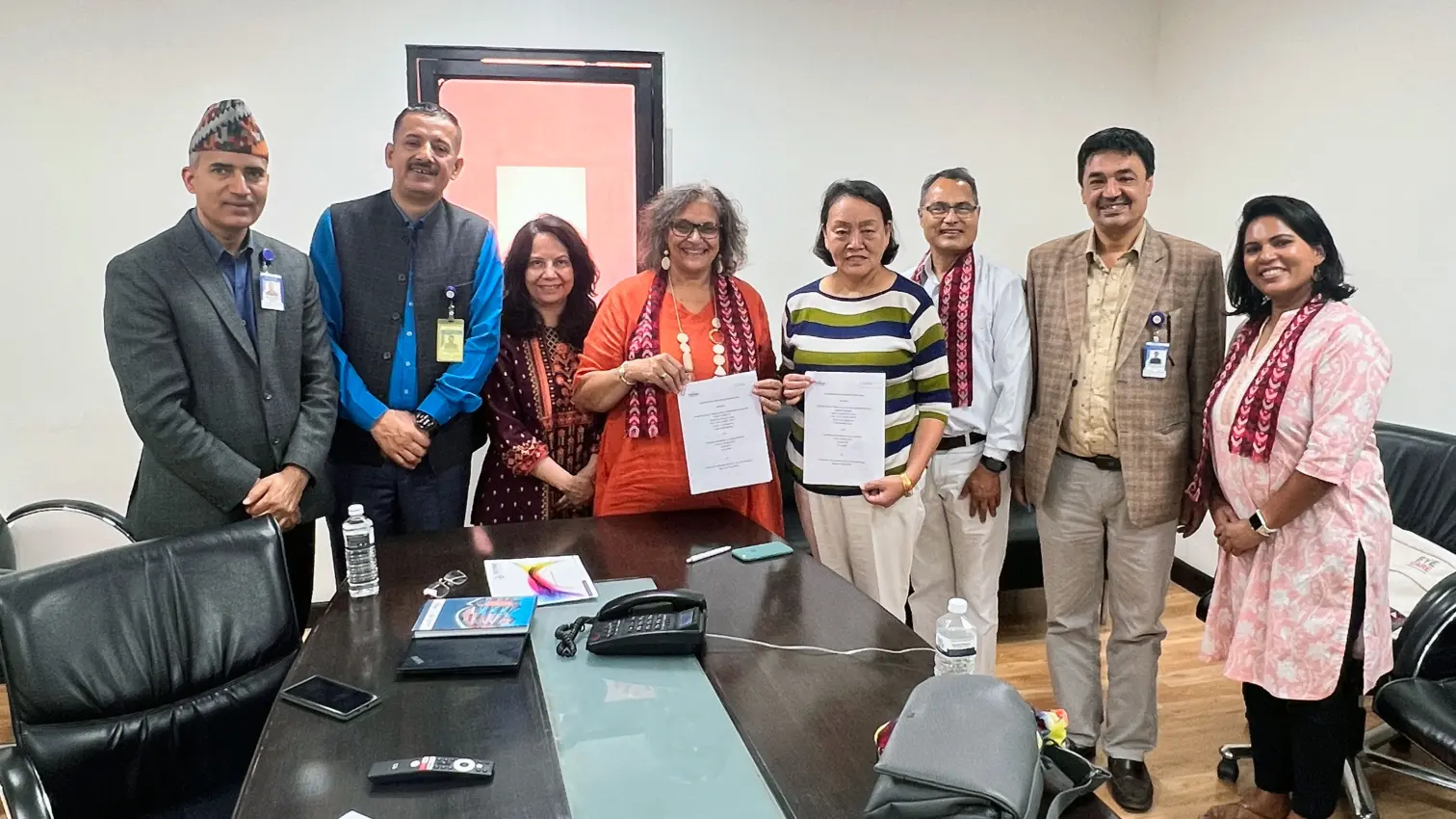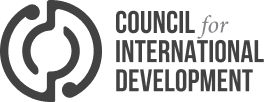A dedicated team has completed the first-ever Rapid Assessment of Avoidable Blindness (RAAB) survey in Samoa.
A RAAB is a standardised, population-based survey method used to determine the prevalence and causes of blindness and vision impairment among people aged 50 years and older in a country. Due to the high rates of diabetes in Samoa, this RAAB also included a module to assess the prevalence of diabetes and diabetes eye disease.
Over 11 weeks, the RAAB team visited 132 communities, examining around 4,400 individuals. As well as recording data, this survey was an opportunity to provide eye care and spread awareness about eye health and conditions like diabetes that can lead to blindness if not effectively managed.
The survey was locally led by Dr Lucilla Ah Ching-Sefo, Head of Ophthalmology at the Tupua Tamasese Meaole Hospital with assistance from the National Eye Coordinator, Carol Auvaa. Further support was provided by the Research team at The Fred Hollows Foundation NZ, Mr. Danstan Tate, Vanuatu RAAB Coordinator, and RAAB Trainers Dr Ana Cama and Dr Mostofa Sarwar.
As Dr Lucilla is the only eye doctor in Samoa, eye doctors from other Pacific Island countries travelled to Samoa to support her and and her local team in conducting the survey. The survey team included Dr. Telaite Biu (Fiji), Dr. Johnson Kasso (Vanuatu), Dr. Andronico Ly (Vanuatu), and Dr. Duke Mataka (Tonga). The majority of survey team members, including eye doctors, nurses, and eye health technicians, trained at the Pacific Eye Institute in Fiji. This collaborative team is a great example of the strong partnerships and camaraderie within the Pacific eye health community.
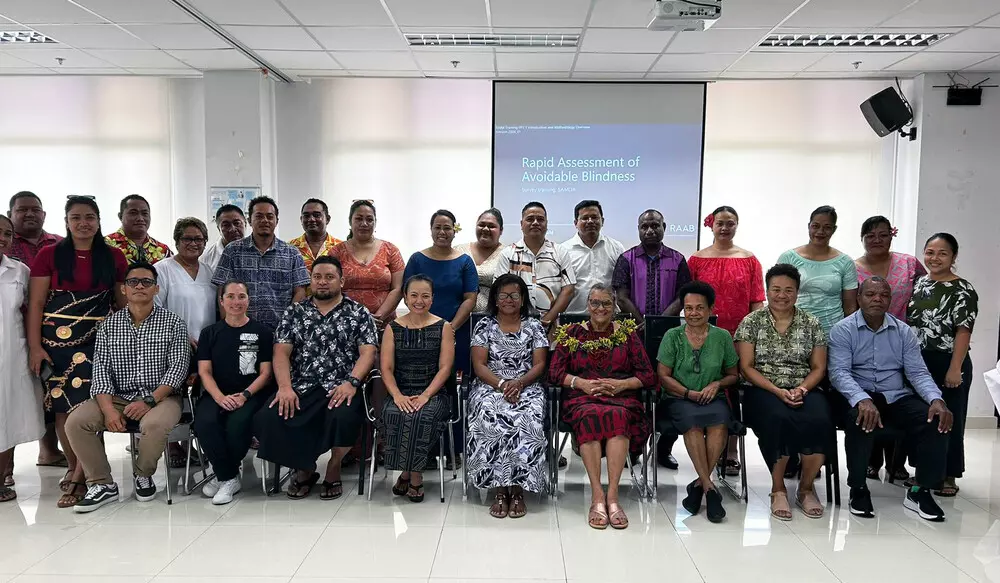
This RAAB survey provides important information about common causes of avoidable blindness and vision impairment, barriers to access and service quality, which the Samoa Ministry of Health can use to inform their eye health planning and decision-making. Addressing the impacts of avoidable blindness and vision impairment is a major challenge for Pacific Island Countries because they have limited information on the scale, nature, and distribution of this important public health issue. As such, the true burden of vision loss on health and economic development is largely invisible, with many countries not having plans or policies that can target efforts and resources towards addressing this significant challenge.
The RAAB will also help the local Samoan eye care team, and its partners, to advocate for, and build national capacity to improve eye health access, responses and interventions, as well as monitor the effectiveness of eye care programmes.
This significant achievement was made possible with the support of the Samoa Ministry of Health, The Fred Hollows Foundation NZ, the New Zealand Ministry of Foreign Affairs and Trade, and Lions Clubs International Foundation, showcasing the importance of collaboration in improving public health outcomes.
The team is now preparing Samoa’s RAAB report, which will provide essential data to guide future eye health services in the country. This milestone marks a significant step towards addressing avoidable blindness and improving the quality of life for many Samoans.

